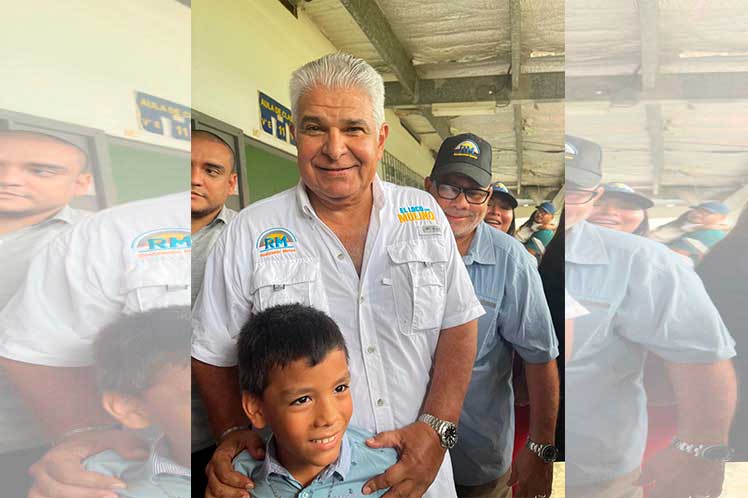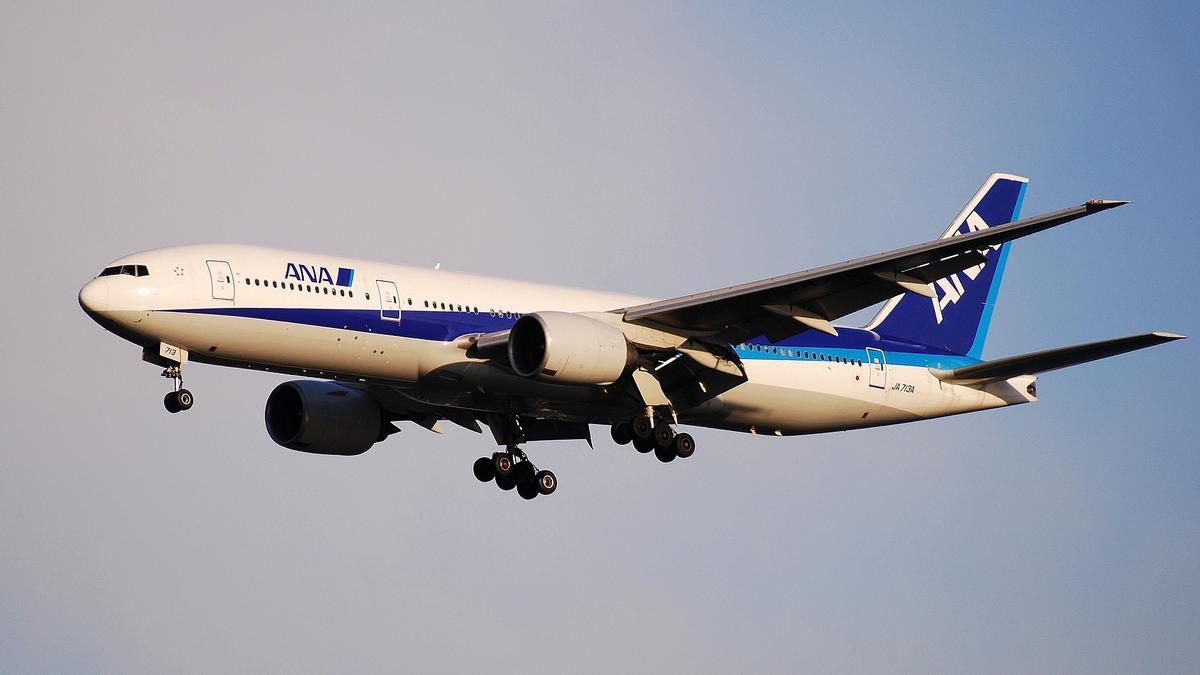The Technical Mission of the Food and Agriculture Organization of the United Nations (FAO) explained that the accompaniment of the Government of Cuba aims to advance the One Health project.
According to the FAO Specialist in Plant Protection and Risk Management, Jaime Cárdenas, among the objectives of the mission is to strengthen and identify possible mechanisms for multidisciplinary and multisectoral epidemiological surveillance for early warning and rapid response to emergencies.
In addition to recommendations for the development of protocols for action against pests and diseases of global importance, national capacity building regarding plant/animal health status, management and control strategies, Cardenas outlined.
The expert acknowledged the multidisciplinary and cross-sectoral work that Cuba is developing to ensure early warnings and rapid response for forecasting and modeling.
On the other hand, Eva Bravo, an animal health specialist at the FAO Regional Office in Central America, stressed that 60 percent of infectious diseases affecting humans are of animal origin, and 75 percent of infectious human diseases that also arise are of animal origin.
And that’s not all, Bravo stressed, 80 percent of pathogens that can be used for bioterrorism purposes are zoonotic, not to mention the economic losses of these diseases.
From the Cuban side, the Technical Mission Coordinator, Principal Investigator of the National Center for Agricultural Health, María Irian Percedo, shared some experiences of intersectoral work for the implementation of the National One Health Strategy.
For Cuba, Persedo explained, it is defined as a strategy to achieve optimal health of people, animals, plants and the environment through prevention and control measures and a rapid response to any danger.
Actions to be developed through cross-sectoral and interdisciplinary collaboration, from the local communities to the national level, to maximize the rational use of the country’s resources, and to ensure the harmonious and sustainable development of society.
He pointed out that among the capabilities on the island, strengths such as commitment and political will, regional studies on health disasters in animals, plants and humans, and disease prevention and control programs stand out.
Accompanied by epidemiological surveillance systems, diagnostic laboratories, references and research centers for the various risks in responsible sectors, educational institutions and the State Plan to Confront Climate Change (Tarea Vida), among others.
However, there are difficulties in developing uneven infrastructure in monitoring and diagnostic networks in various sectors, lack of reagents, technological obsolescence, poor intersectoral procedures, and insufficient cooperation mechanisms. So far, Persedo explained, among the priority areas of work identified are epidemiological surveillance and diagnostics, antimicrobial resistance, zoonotic diseases, and food safety and security.
jha/tdd

“Beeraholic. Friend of animals everywhere. Evil web scholar. Zombie maven.”

:quality(85)/cloudfront-us-east-1.images.arcpublishing.com/infobae/3FK4NB2IUBDNLGMO42HMXAA4JY.jpg)
:quality(75)/cloudfront-us-east-1.images.arcpublishing.com/elcomercio/Y5SIZUFLEBBRFC6B5SA4DT4R6I.jpg)




More Stories
Tell me what you look at first in the chart and I’ll reveal your deepest fears Mexico
They are able to dive into the water without having to breathe
How NASA regained contact with Voyager 1, the spacecraft that has traveled further than any other